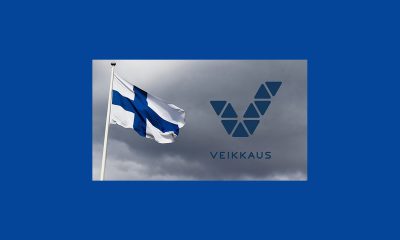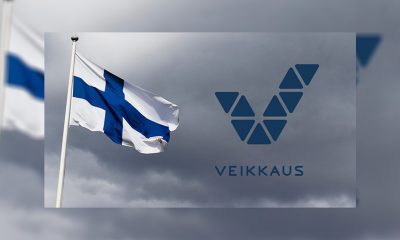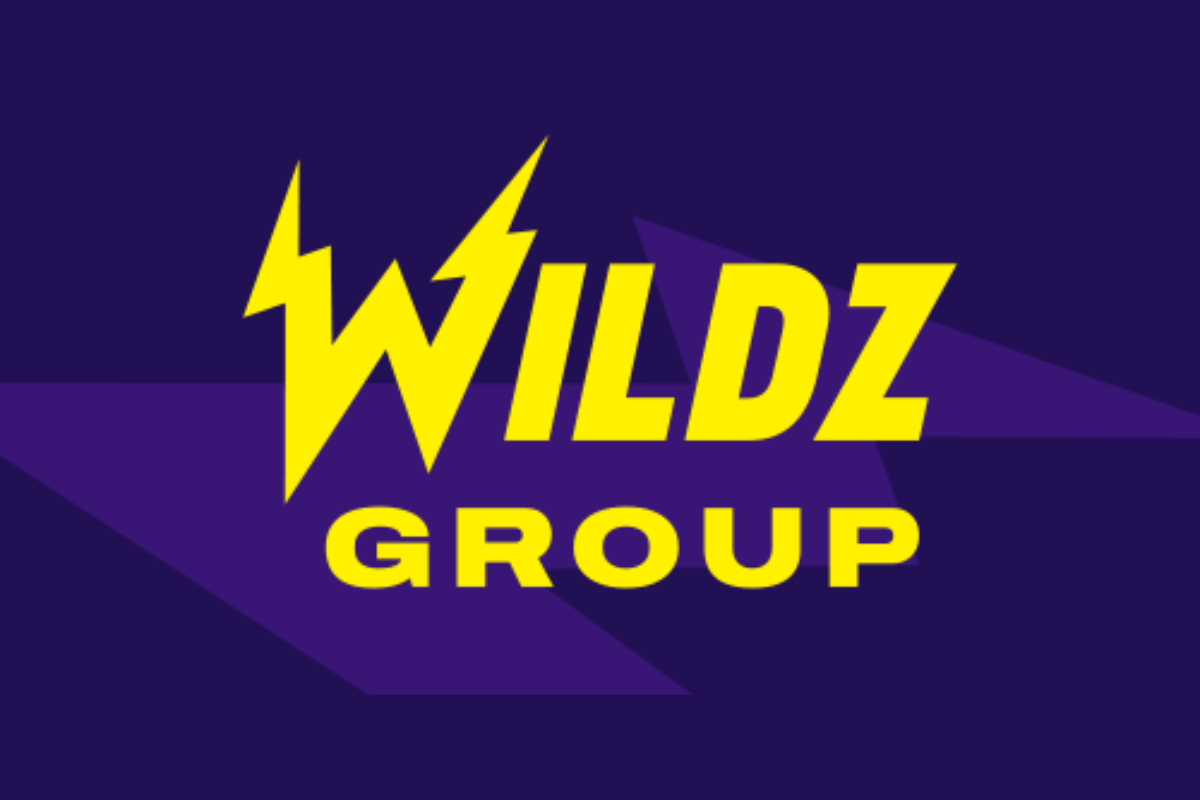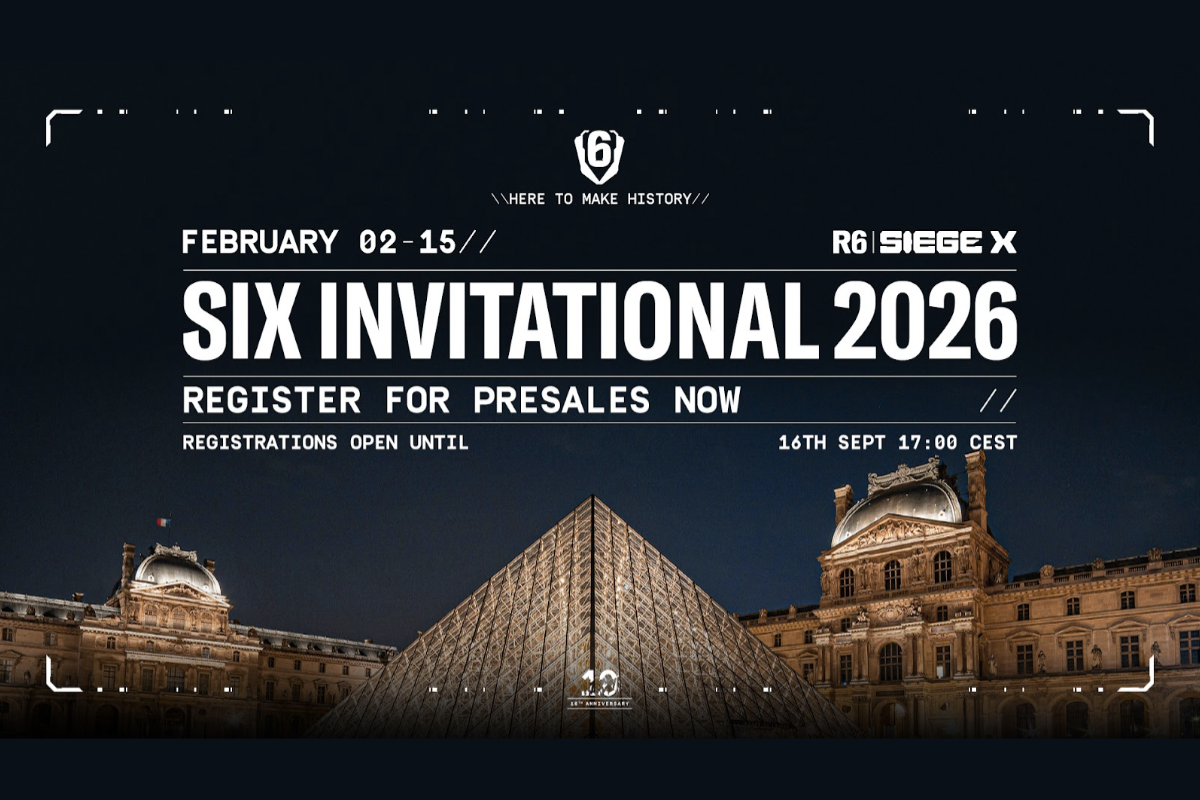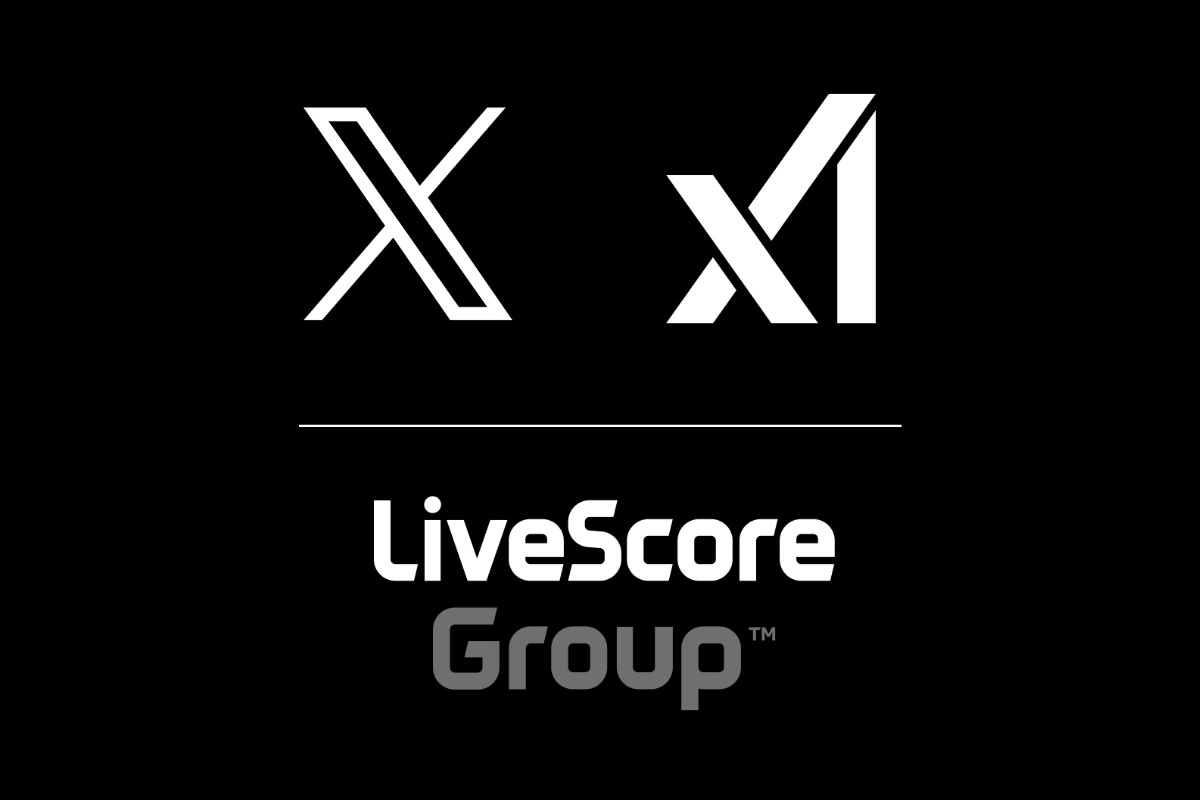Latest News
Global Virtual Reality In Gaming Market Is Poised To Value Over US$ 38,331.5 Million by 2027 End

The Global Virtual Reality in Gaming Market is expected to be valued at US$ 38,331.5 million by 2027, exhibiting a CAGR of 28.6% during the forecast period of 2020 to 2027, as highlighted in a report published by Coherent Market Insights.
Virtual reality is the use of computer technology to create a simulated environment using computer software and hardware technologies. VR technology has been used in many applications including entertainment and gaming. Virtual reality in gaming is referred to the use of sound and graphics technology in games where the user wears gloves, head-mounted display (HMD), and glasses as a part of their experience. There are several equipped to these devices that record the movement.
Growing digitization and advancement in technology is expected to boost the global virtual reality in gaming market growth over the forecast period
Over the years, both developed and emerging economies have witnessed massive digitization. This is complemented with advancements in technology, in order to expand the use of virtual reality devices. There are various technological advancements are expected in the near future namely wide field-of-view AR displays, transition from PC-based to standalone mobile VR devices, 5G mobile devices, and more. Such technological advancements enhance the user experience and reduce the latency up to a significant level. Hence, these factors are expected to drive growth of the global virtual reality in gaming market growth over the forecast period.
Launch of novel products can present lucrative growth opportunities for market players
Key players are focused on research and development activities, in order to expand the product portfolio and gain a competitive edge in the market. For instance, in May 2014, Electronic Arts Inc. launched EA Sports NHL 15, the first title in a new generation of hockey games. In August 2013, Nintendo Co. Ltd. introduced a 2DS handheld gaming device. The device enabled the user to play 3DS and all other games with the device. Furthermore, in February 2014, Sony Corporation launched its virtual reality headsets named HMZ- T3Q VR.
Challenges associated with user-friendly VR are expected to hamper the global virtual reality in gaming market growth over the forecast period
Despite its various advantages such as enhanced quality and realistic experience, many VR devices are not user friendly. Some of those devices are complicated to use and require adequate training long before they used for gaming experience. Manufacturers are required to provide a user-friendly device that can be operated by a layman as well. Hence, such factors are expected to hamper the global virtual reality in gaming market growth over the forecast period.
North America Trends
According to Coherent Market Insights’s study among regions, North America is expected to witness significant growth in the global virtual reality in gaming market during the forecast period. This is owing to the large presence of major VR companies across the region. Furthermore, growing investment in cutting-edge technologies is expected to propel the global virtual reality in gaming market growth over the forecast period.
Europe Trends
Europe is expected to register robust growth rate in the global virtual reality in gaming market over the forecast period. This owing to constant digitalization of various industries across the region. Furthermore, high growth of VR market in France is expected to boost the regional market growth over the forecast period.
Global Virtual Reality in Gaming Market – Impact of Coronavirus (Covid-19) Pandemic
The countries such as China and India, are play crucial role in the supply chain of virtual reality in gaming market. In the span of lockdown the supply chain in these countries mainly disturbed. Many industries were forced to close down their manufacturing site or remained operational with limited people working on the shop floor, which lowered the production capacity of factories. Further, demand for non-essential products decreased during the pandemic. This hindered the market growth during the pandemic.
Competitive Section
Key companies operating in the global virtual reality in gaming market are Electronic Arts Inc., Kaneva LLC, Nintendo Co. Ltd, Avatar Reality Inc., Sony Corporation, Oculus VR, Activision Publishing Inc., and Sega Corporation.
Key Developments
Major companies are focused on research and development activities, in order to enhance the market presence. For instance, in May 2020, Oculus VR, a subsidiary of Facebook Inc., announced that it is developing a new Quest VR headset of 90Hz for the smoother gaming experience.
Key market players are involved in collaborations and partnerships, in order to gain a competitive edge in the market. For instance, in December 2017, Sega Corporation collaborated with StarVR to introduce premium VR arcade experience in Japan.
-

 Asia7 days ago
Asia7 days agoDigital gaming disruption tackled in 1st AsPac Regulators’ Forum
-

 Africa7 days ago
Africa7 days agoBetKing Renews Ikorodu City FC Partnership for 2025/26 NPFL Season
-

 Compliance Updates7 days ago
Compliance Updates7 days agoKongebonus statement: Norway’s election result signals gambling policy continuity, but licensing debate is set to intensify
-
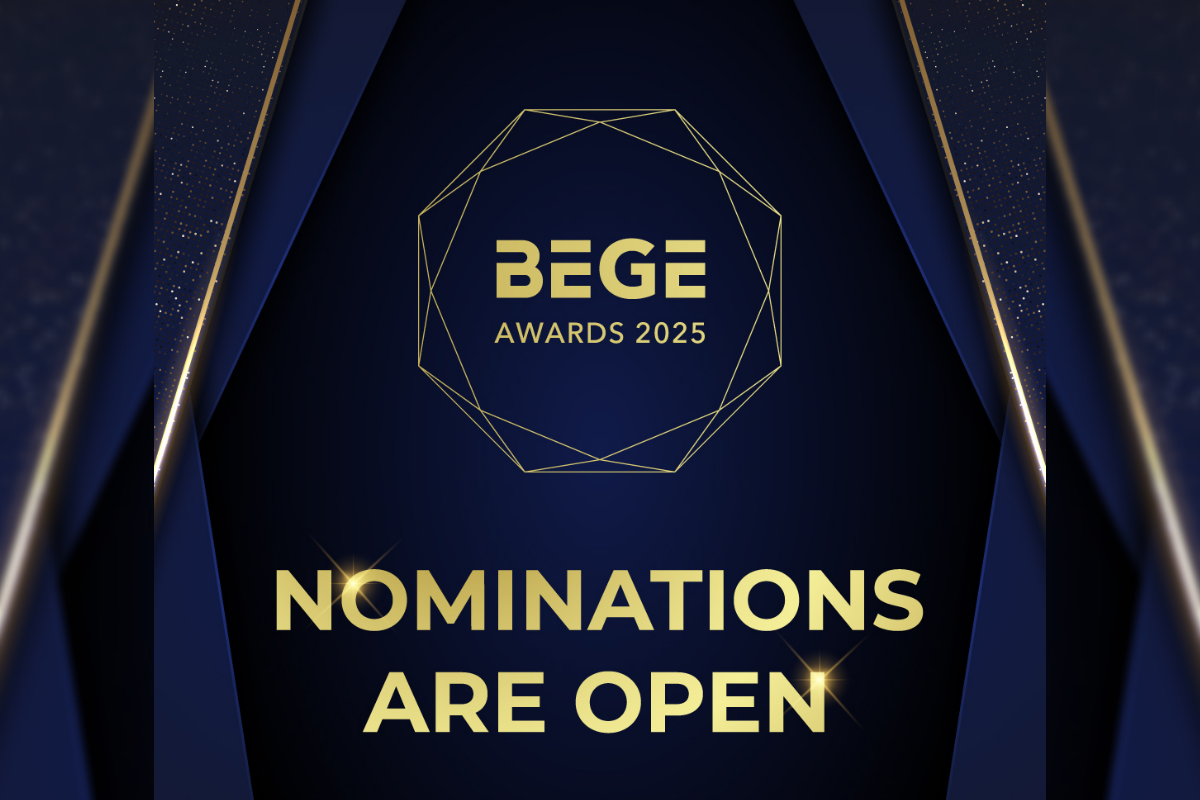
 Balkans7 days ago
Balkans7 days agoBEGE Awards Nominations Now Open – Celebrating 16 Years of Industry Excellence!
-
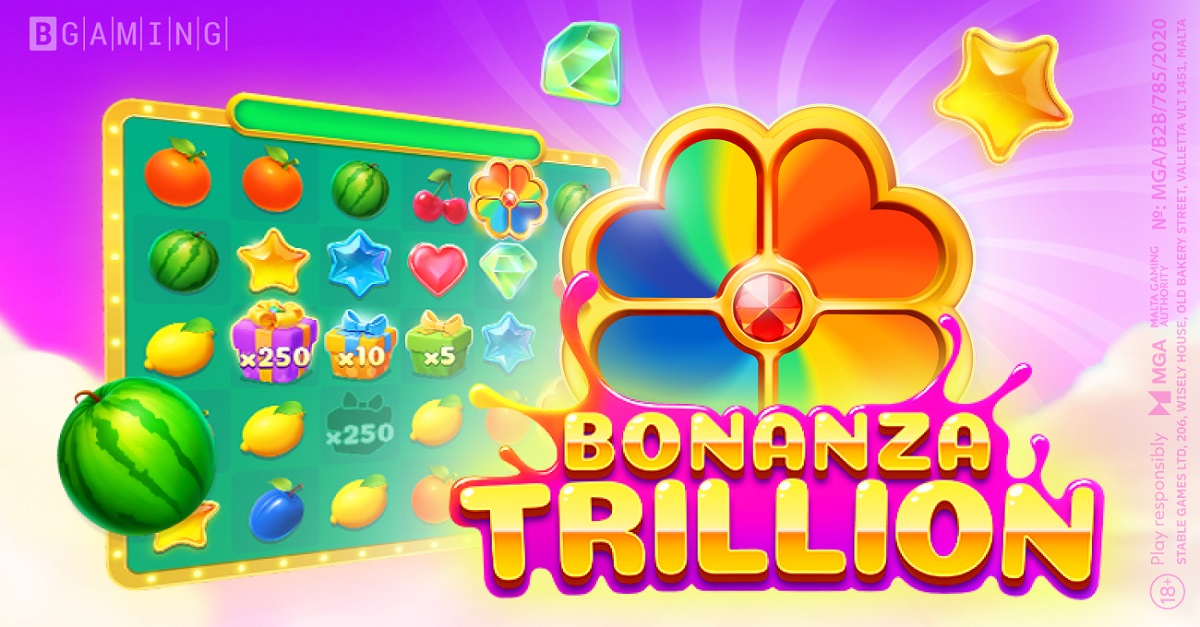
 Latest News7 days ago
Latest News7 days agoWin a Fruity Fortune in BGaming’s Bonanza Trillion
-
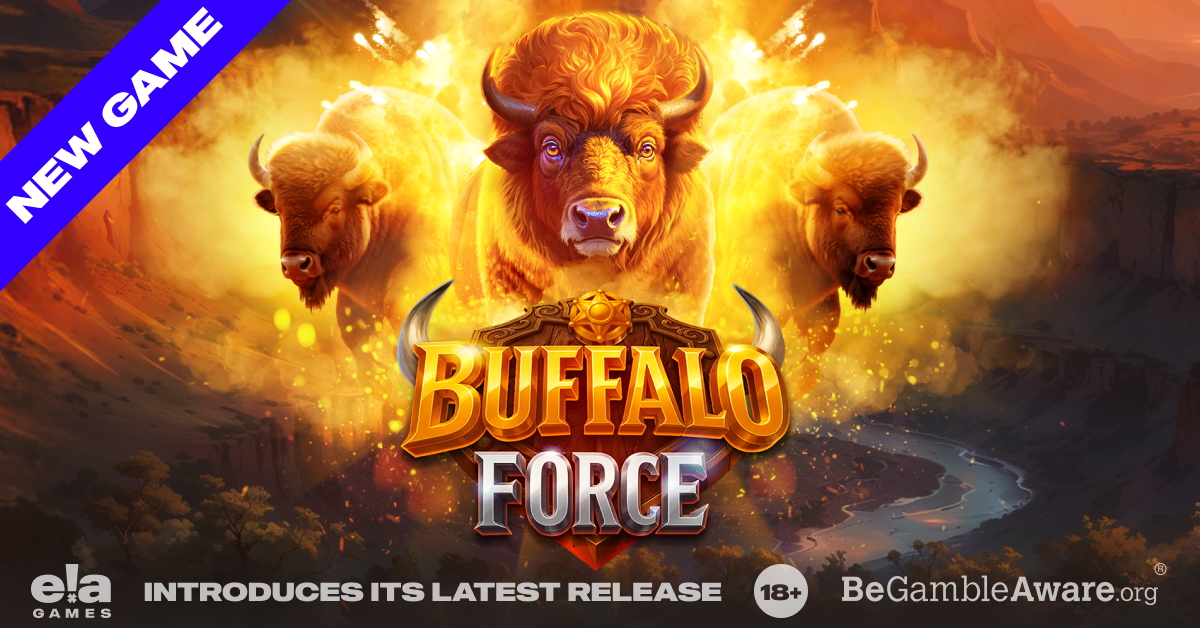
 Latest News7 days ago
Latest News7 days agoAnswer the Call of the Wild: ELA Games Unveils Its Latest Game “Buffalo Force”
-
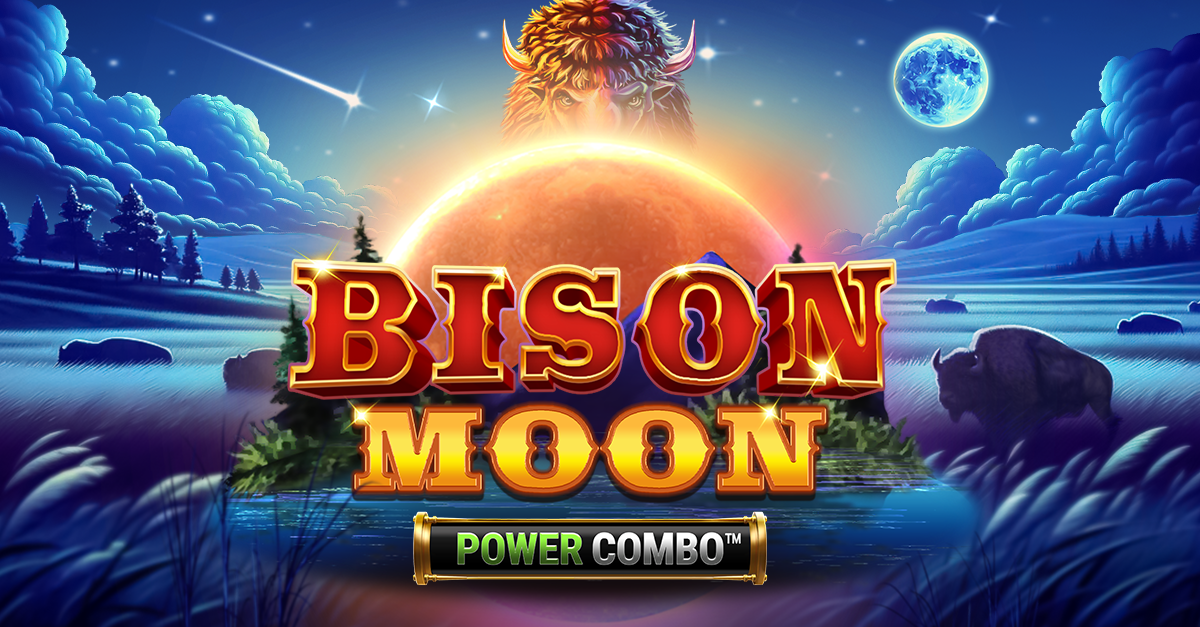
 Latest News7 days ago
Latest News7 days agoSaddle up for big wins under the Bison Moon with the latest slot from Northern Lights Gaming
-
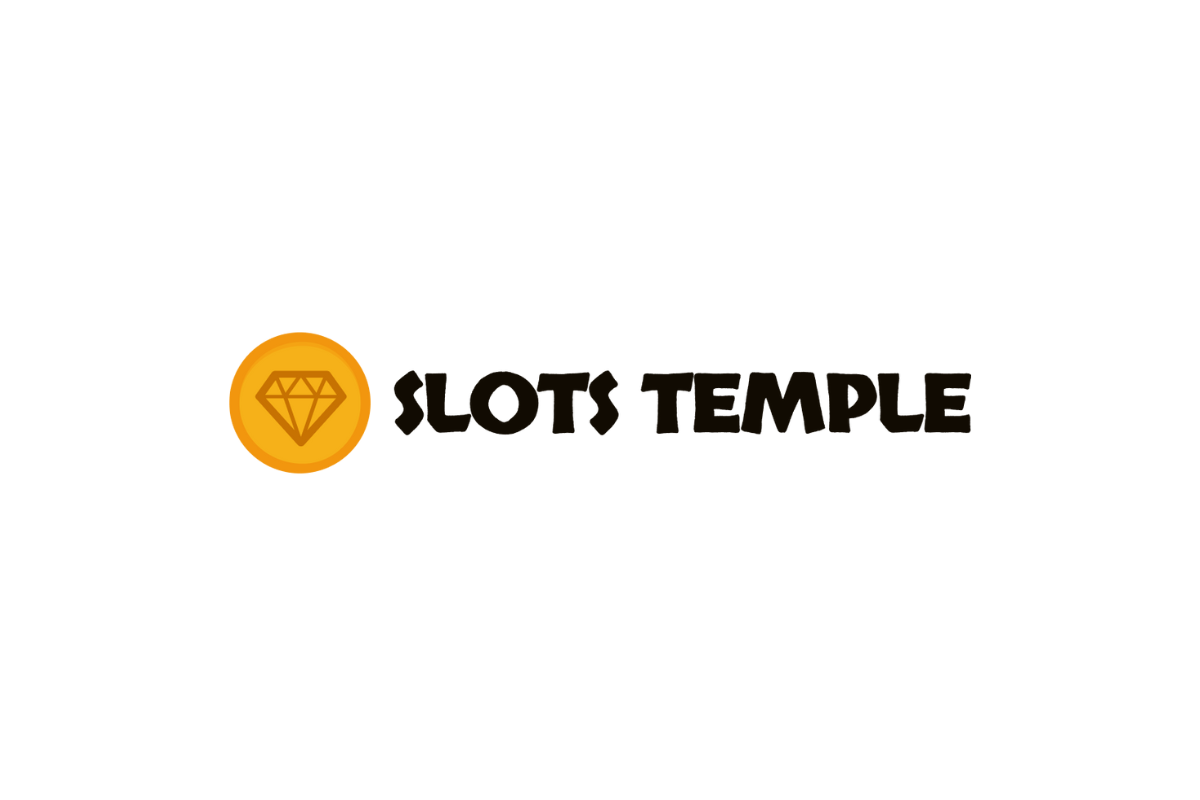
 Latest News7 days ago
Latest News7 days agoSlots Temple Announces Exclusive Free-to-Play Tournament Partnership with Pragmatic Play














